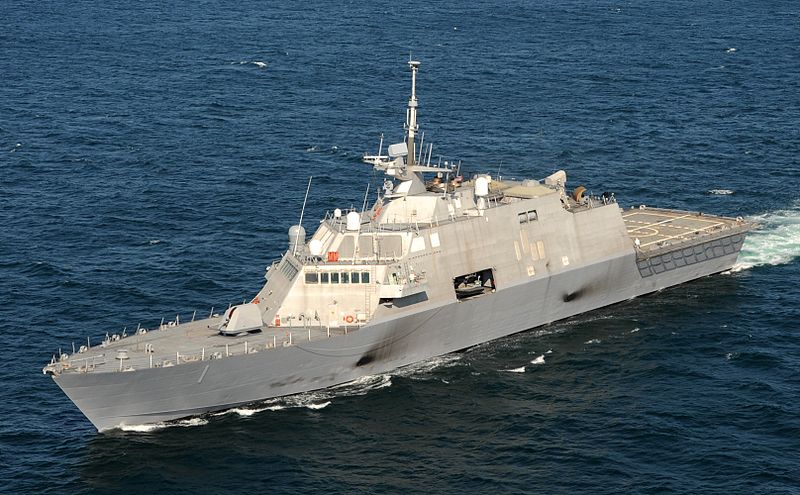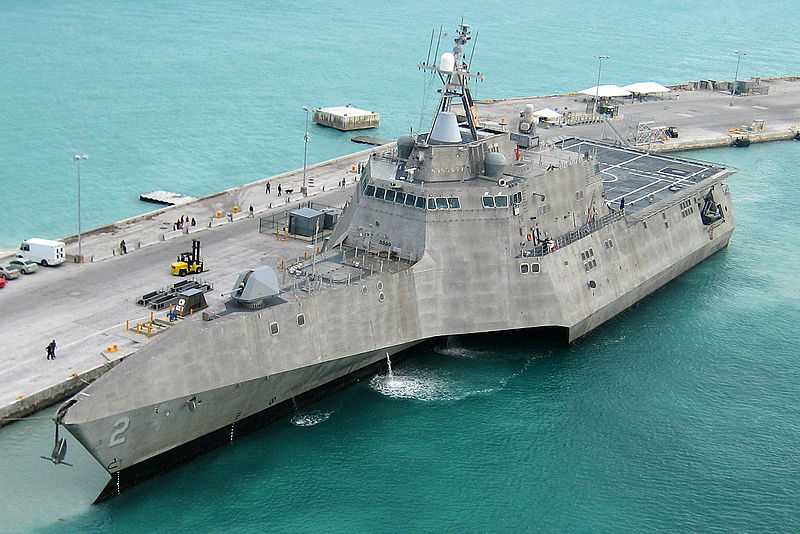In the Wall Street Journal, Tom Gara shows us the booming market for firearms since 2008:
Gun buyers have long demonstrated a tendency to stock up on weapons and ammunition ahead of possible changes to gun laws, and a so-called “Obama surge” in gun sales kicked off in the lead-up to Barack Obama’s first election victory in 2008.
There was a similar pick up in 2012 as a second Obama victory looked likely, and another rush on stores when it became clear the Obama administration would push for tighter gun control laws in the wake of the Sandy Hook school shooting last December.
In fact, the rush beginning in December has been high even by historic standards: the FBI conducted just under 2.8 million background checks on prospective gun buyers in December 2012, the highest number in any single month since records begin in November 1998. That’s more than triple the number it was running in in December 2002.
And the rush has continued through 2013 so far. Here’s the number of monthly background checks in the first three months of each year since 1998. This year looks set to be the busiest ever.






